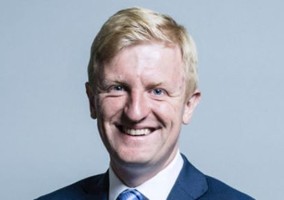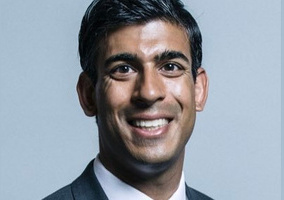Some of the emergency government funding to support charities through the coronavirus pandemic came from existing budgets, according to the National Audit Office (NAO).
Today the NAO, which monitors government spending, published a report looking at the government response to the Covid-19 pandemic.
The report looks at over 500 announcements and analyses the £124.3bn that has been committed to programmes across different sectors.
It states that of the £750m funding promised to charities, £32m is set to come from existing departmental budgets.
It also declines to provide an overall estimate for how much the funding will cost the government, stating: “It is not yet clear what amount will be additional to existing budgets.”
The original announcement from the Treasury on 8 April described the £750m as “extra”.
Civil Society News understands that when departments bid for a share of the funding, they were asked to put up 20% of the amount they were asking for.
Breakdown of funding
Of the promised £750m, government departments were allocated £360m. A further £370m was set aside for grants to smaller charities, mostly through a National Lottery Community Fund which will open tomorrow.
The NAO report says the £750m funding has been allocated “for frontline charities in the UK, including hospices and those supporting domestic abuse victims, sexual abuse victims and vulnerable children.”
It also says that £60m will go to the devolved administrations, and adds: “The government pledged to match donations to the BBC’s Big Night In fundraiser (April 2020). The first £20m [is] to go to the National Emergencies Trust.”
Several government departments have already opened funding pots, and yesterday the government published a list that charities can apply to.
The government also announced that it is “unlocking” more money from dormant assets for the sector. This is being distributed mainly through loans.
‘Lack of transparency has been shocking’
Charities have criticised the pace at which money is getting to where it is needed and a lack of transparency.
In response to the NAO report, Jay Kennedy, director of policy at the Director of Social Change, said: “DSC is actively trying to track what funding is coming out from government, how much is actually new, and where it comes from.
“In the current crisis it’s even more vital that charities have this information quickly, and the public has a right to know how and how much money is being spent and on what. In a number of cases application windows have been almost non-existent – a matter of days or weeks.
“The lack of transparency has been shocking. So much so that apparently the NAO can’t even get a straight answer. This needs to improve urgently.”
Caron Bradshaw, chief executive of Charity Finance Group, said: “We have serious concerns about the transparency, equity and speed of emergency funding. It is really tough to unpick whether funding is In addition to or part of previous announcements.
“The time it’s taking to distribute the money is far too great and all the while our charities, who are never more needed, are facing serious financial difficulties. We need funding to get to the people who need it now and for the processes for distribution to be fair, transparent and swift.”
Related articles












